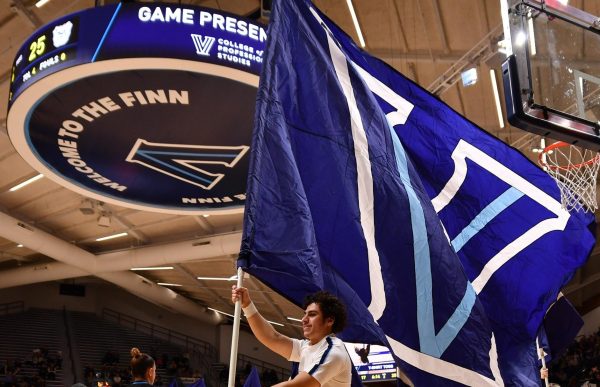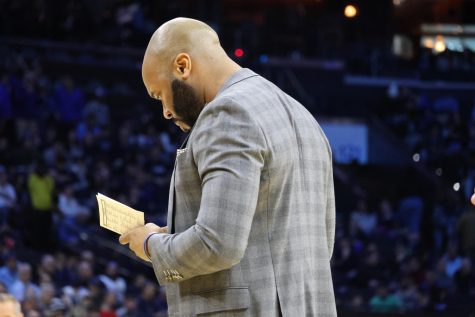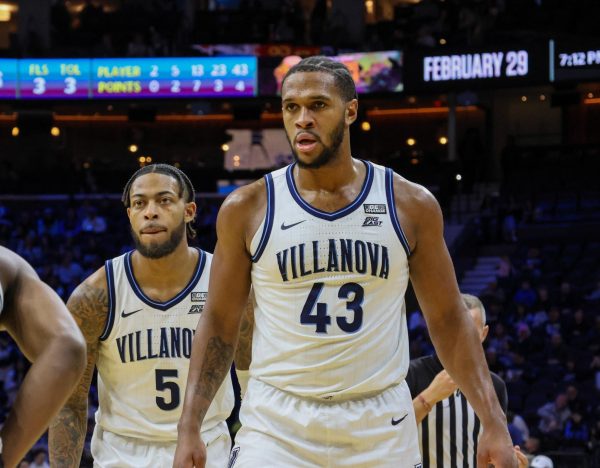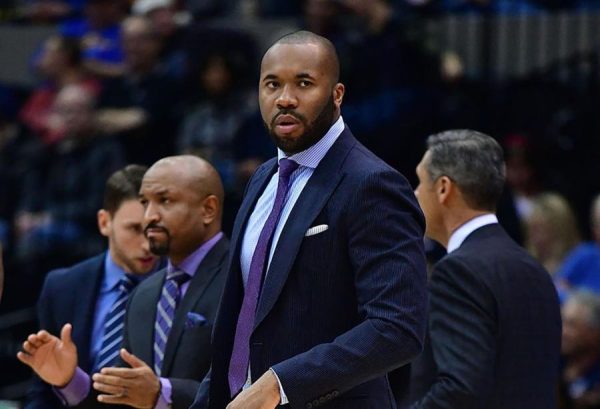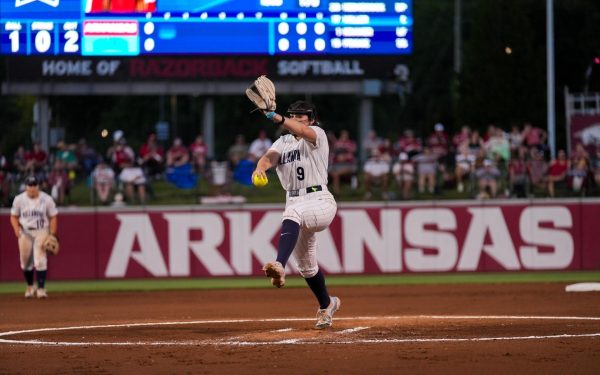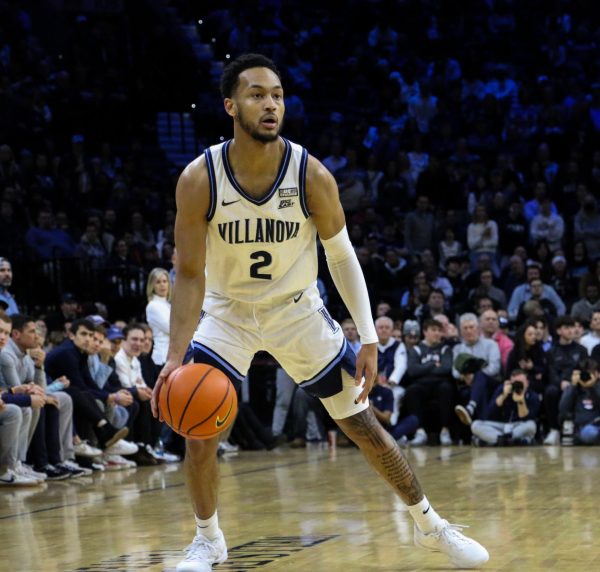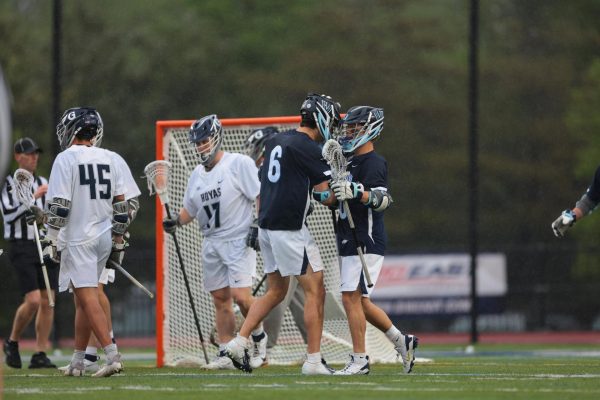Youtube captures timeless moments
September 26, 2010
We have all YouTubed the clips, watched the replays and re-enacted the scenes with our friends on a late Friday night when our minds weren’t as clear as they should be. Outside of seeing one of the Kardashians or Justin Bieber falling down or getting hit in the face with an unidentified flying object, it is the most entertaining thing to see near the end of the 6 o’clock news. It is embarrassing, humiliating and disturbing but, most importantly, hilarious.
It is our professional coaches and athletes throwing temper tantrums either on the field or after the game. What makes it even funnier is the fact that we don’t realize we act in the same manner almost every week.
There have been numerous instances where coaches and players have gone completely crazy during post-game interviews, and each of them has been highlighted by sports stations, newspapers and conversations with local convenient store owners.
Dennis Green made a famous rant after his Arizona Cardinals lost a lead and a game to the Chicago Bears in 2006, as he huffed and screamed, “They were who they thought they were,” over and over until he was sweating more than Rex Ryan buttering a bagel.
Similarly, Allen Iverson’s angry sarcasm about his need to practice has been shown thousands of times on news reports and “athlete blow-up” countdowns. From Jim Mora’s “playoffs” rant to Terrell Owens crying/announcing his love for Tony Romo, fans have mocked these athletes for their inappropriate remarks after the whistle has blown.
However, what is even more entertaining for fans is when players can’t even wait until the end to complain. Eli Manning has perfected his brother’s arms-open-wide-while-pouting look after he doesn’t get a flag thrown. In this past Monday Night Football game, Phillip Rivers spiked and kicked the football while yelling at his offensive line after a delay of game penalty.
Scottie Pippen once sat out the final play of a game because the play wasn’t designed for him. And, of course, our old friend Terrell Owens has openly sparred with Jeff Garcia, Donovan McNabb and even his love Tony Romo in the middle of the game. It seems every week there is some new story about an athlete acting out while the clock is still ticking.
However, while we like to scoff at these athletes and coaches for acting inappropriately, almost every person has acted in a similar way at some point.
For example, try counting the times when after a long day of work you took out your anger on a roommate or family member when you got home.
Similarly, think of how many times you spoke badly of a co-worker while at work, or whispered about a teacher you thought was incapable of being human. In an even more relevant sense, think of the times you screamed at a TV set while watching a game, then cursed the field goal kicker who missed the 49-yard game-tier after the game was over.
It is clear that most of us have taken part in some of this behavior. However, when an athlete does it, we publicly condemn them as bad role models. Why is it that we do this?
We do this because we need our athletes not just to entertain us, but to use them as our scapegoats for our personal bad behavior.
It is difficult to look within ourselves to judge our behavior and how our actions may affect other people.
Instead, we judge those in the limelight and exaggerate their behavior, going so far as to define them as deviants.
By doing so, we make ourselves look better in comparison and make it easier for us to act in similar ways without seeing it as inappropriate.
Athletes aren’t simply athletes; they are tools society uses simultaneously to mask our own improper behavior and emphasize theirs. While this may seem unfair, it is not uncommon, for we often use celebrities as scapegoats to our own misconducts.
We will heavily criticize Lindsay Lohan or John Daly for drinking too much, even though some of us have a few too many every weekend.
We ridicule Tiger Woods as some of us sleep around and mock Ricky Williams while some of us smoke a joint.
While it is common for a society to use those in the lime light to disguise our own fault, it is actually a detriment to us and our athletes. In order for society to better itself, we need to recognize our problems, specifically our maladaptive systems of behavior.
By shunning our athletes, we prevent ourselves from digging deeper, which prevents our own personal growth.
At the same time, we put our athletes in situations where one misconduct leads to condemnation.
While some athletes’ behavior has been unforgiveable, many of our athletes’ behavior has been stellar outside of a few mistakes. In other words, athletes are human. It isn’t fair for them to pay bigger prices for acting “immature” or “angry” when we act in the same manner.
So the next time you see an athlete complaining or whining to the press, don’t immediately ridicule or laugh.
It is important to always remember that athletes, indeed, are who we thought they were: the same as us.


